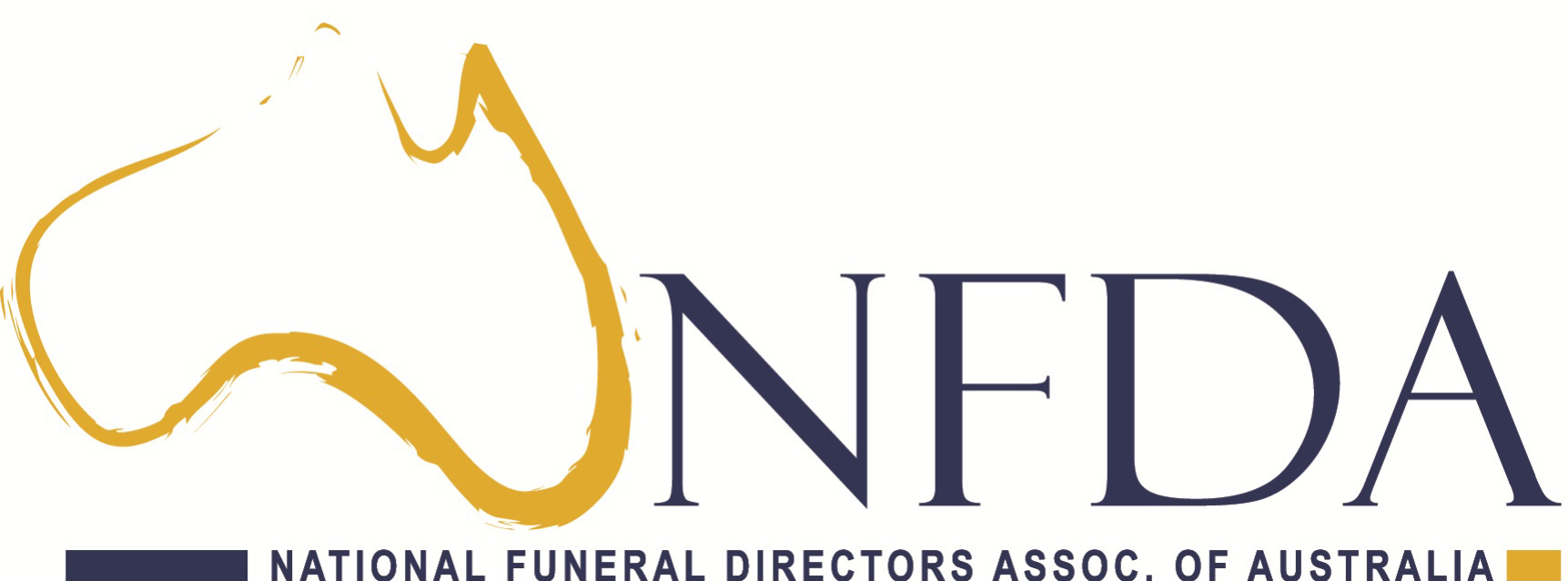Common Questions
What is the cost of a funeral?
Because there are so many styles of funerals, there is no simple answer to that question. In general terms, a funeral that is more elaborate will cost more than one that is simple in its structure. It is normal for the cemetery or crematorium costs and the various disbursements (such as doctors’ fees, clergy or celebrant fees, registration costs, public press notices, flowers etc) to be included in one account, along with our service fees.
What type of funeral service can I consider?
A Church/Chapel Service, followed by a burial or cremation service. This style of funeral begins with a service at a church or funeral chapel (or other place), followed by a procession to the cemetery or crematorium, where there is a final committal ceremony.
A Single Service Funeral
A single service funeral can take place at a funeral home chapel, church, crematorium chapel, at the graveside or at a special place, such as a park or community hall. This service incorporates a final committal process, and there is no procession to the cemetery or crematorium.
A Memorial Service
A memorial service takes place after a private burial or cremation at any of the places referred to above at a time determined by the family.
Civil Celebrants
Families who do not have an affiliation with a church, often choose a civil celebrant to conduct the service. A civil celebrant consults with the family to develop a personalised structure for the service, which he or she leads on the day.
Is burial more expensive than cremation?
Normally a cremation will cost less than a burial depending on the location chosen for the burial.
What is the difference between a coffin and a casket?
The difference is basically one of design. Coffins are similar to body shape, that is tapered at the head and feet and wider at the shoulders, and normally have a removable lid. Caskets are rectangular in shape with a hinged lid. Both coffins and caskets can be made from timber or other materials such as metal. Generally, caskets are crafted from better quality timbers (or other materials) and feature higher standards of workmanship. The decision to select a coffin or casket is made by the family according to their personal preference or with regard to the deceased’s wishes.
Should young children attend funerals?
There are no set guidelines. Generally, children in the company of their parents and other family members are comfortable participating in this family occasion and may even be curious as to what will happen. Use the funeral to help the child learn about the impact of death and the rituals we use to help us respond to bereavement. Children can often contribute creatively to a funeral, perhaps by placing a special flower on the coffin or casket, or reading or writing something that can be incorporated into the service.
In cremation, what happens to the coffin or casket?
Fears that the coffin or casket is not burned and is used again are without foundation. The coffin is always cremated with the body of the deceased person. All cremations are controlled by government regulations in all states.
Is GST included in the costs of a funeral?
Yes, GST is included.
If a loved one dies away from home, can we help?
Yes, we can liaise with other funeral directors to make the necessary arrangements.
How soon after a cremation are the ashes available?
Usually within seven days after cremation, or as requested by the family.


